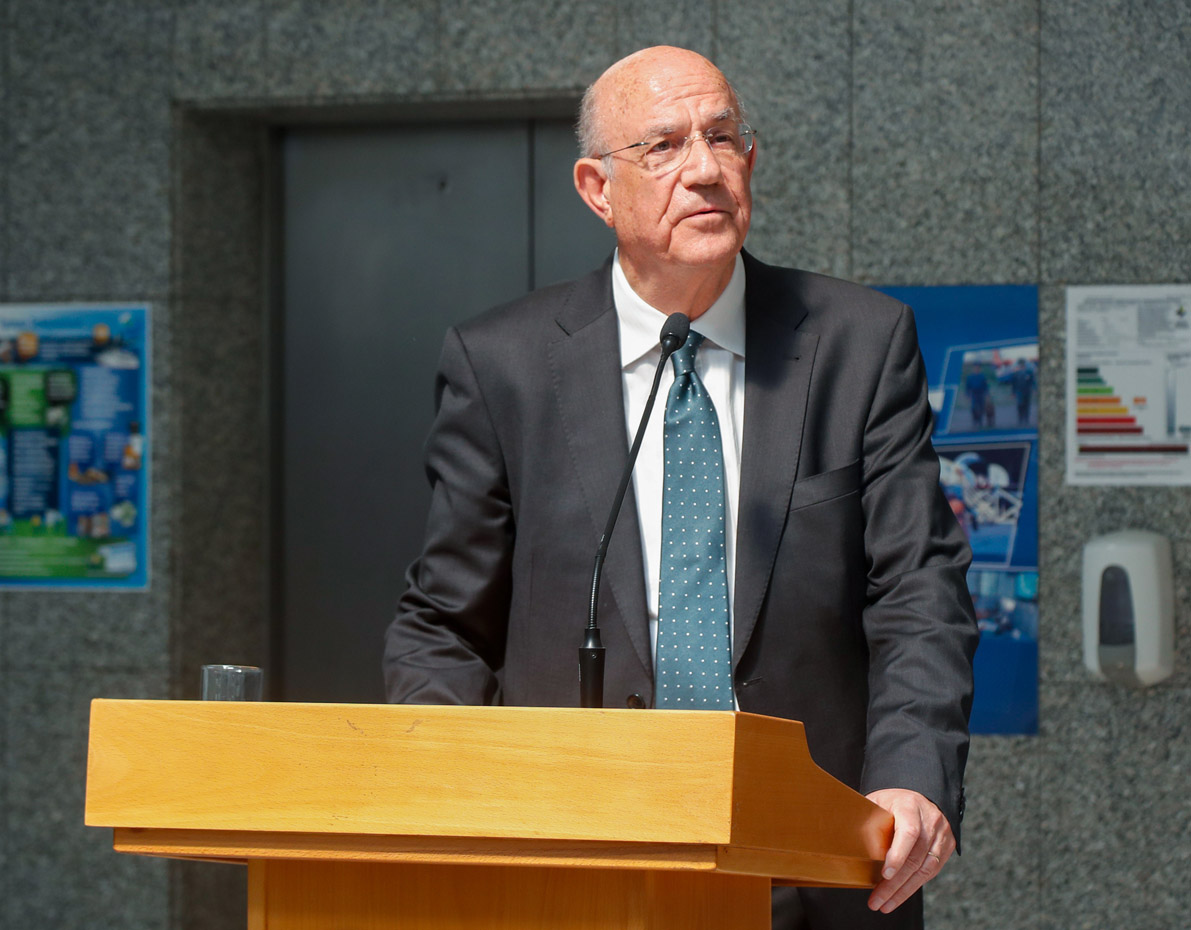Following criticism for pulling the plug on an 8 cent fuel subsidy, the government announced a €35 mln package, including an extension to the electricity subsidy until the end of June.
The set of measures are aimed at easing the burden of the cost-of-living crisis, still taking a toll on Cypriot households.
The decision, made after an extraordinary meeting on Thursday, is expected to benefit over 400,000 households and 100,000 businesses.
The electricity subsidy was extended in February to cover electricity usage until April 30, the subsidy’s extension is estimated to cost €8 mln.
However, the actual benefit to consumers has decreased significantly since its introduction in October. Originally valued at around €70 per bimonthly bill for average consumers, reductions in oil prices have diminished its benefit to approximately €14 per consumer.
The electricity subsidy was introduced in September 2022, to cover the increase in bills resulting from the government’s decision to reinstate VAT to 19% after lowering it to 9% for a ten-month grace period.
Other measures include prolonging the zero-VAT on essential household items, such as bread, milk, eggs, baby products, vegetables, fish and meat, until the end of June.
This extension, previously set to expire at the end of May, is estimated to cost €6 mln.
Finance Minister Makis Keravnos emphasised the benefits of this measure, noting an average savings of €7.50 on €95 worth of purchases.
One-off benefit
Furthermore, households receiving government benefits will receive an additional one-off benefit for the months of April, May and June, compensating for the expiration of the freeze on fuel tax subsidy.
Additionally, the government plans to provide an extra €100 per month to 4,200 mobility allowance recipients and 28,000 low-income pensioners.
President Nikos Christodoulides, speaking before the announcement of these measures, emphasised the government’s commitment to improving the lives of ordinary citizens.
He highlighted previous initiatives, including the cost-of-living allowance, the minimum wage increase in December, and the “photovoltaics for all” plan.
Responding to opposition criticism, Christodoulides said, “I want to remind the Cypriot people that cheap proclamations made by some after we announced previous measures were made by those who led this country to its second-biggest disaster after the Turkish invasion of 1974.”
“Allow me to recount the events of 2012. As a responsible government, our accountability lies solely with the Cypriot people. We refuse to engage in policies that could once again put our country at risk,” said Christodoulides.









